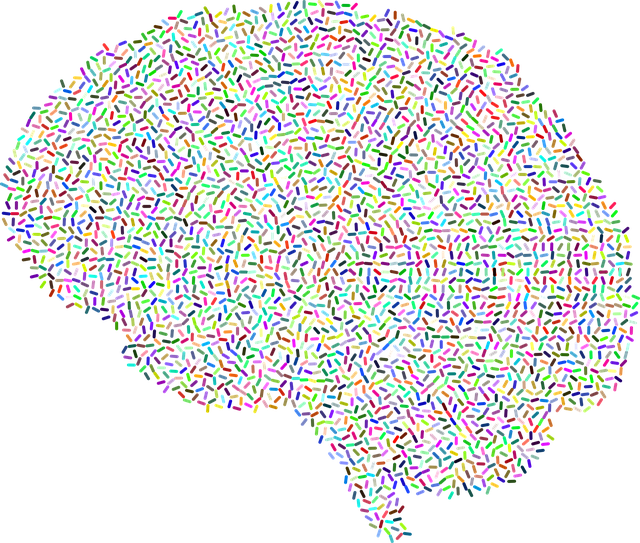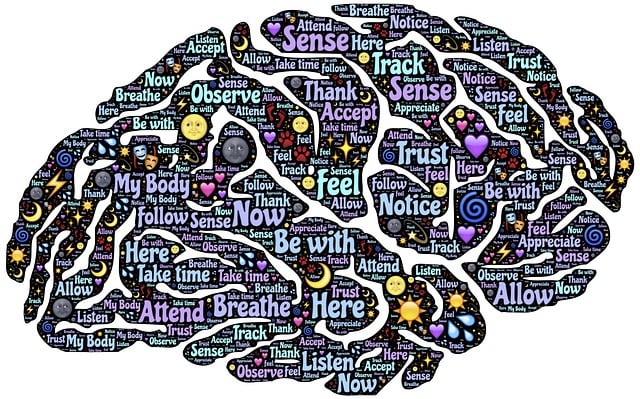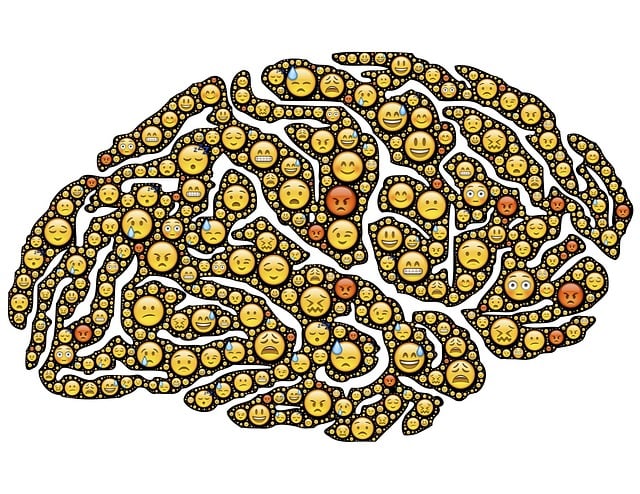The media's portrayal of mental illness significantly impacts public understanding, often perpetuating stereotypes and overlooking individuals' unique strengths and journeys. This stigmatization hinders access to treatment options like Social Skills Training for Denver couples facing communication issues due to untreated mental health conditions. To combat this, Denver takes a proactive approach through initiatives focused on Denver Couples Communication Issues Therapy, fostering mental health awareness by normalizing conversations around mental health. The city collaborates with media outlets for responsible storytelling and organizes awareness campaigns, educational programs, and mindfulness meditation integration in narratives. By addressing self-esteem improvement and cultural competency among healthcare providers, Denver aims to demystify therapy and provide accurate, sensitive representations of mental health challenges.
In today’s media landscape, accurate representation of mental illness is crucial. This article explores the current state of mental health depiction in media, highlighting the pervasive stigmatized portrayals that perpetuate misunderstanding and fear. We present Denver’s innovative approach to challenging these norms through diverse storytelling and authentic representations. Additionally, we offer effective strategies for promoting accurate mental health depictions, emphasizing the transformative power of therapy and open communication in shaping public perception, particularly regarding Denver Couples Communication Issues and related therapy solutions.
- Understanding Mental Illness Representation in Media: The Current State
- Denver's Approach to Challenging Stigmatized Portrayals
- Effective Strategies for Promoting Accurate Mental Health Depictions
- The Role of Therapy and Communication in Shaping Public Perception
Understanding Mental Illness Representation in Media: The Current State

The media plays a significant role in shaping public perceptions about mental illness, influencing how society understands and responds to various conditions. Currently, representation in the media often falls short of accurately portraying the complexities of mental health struggles. Common stereotypes and misconceptions persist, leading to stigmatization and misinformed judgments. Many stories reduce individuals to their diagnosis, neglecting the multifaceted nature of human experience, including unique strengths, weaknesses, relationships, and personal growth journeys.
This lack of nuanced portrayal hinders progress in mental wellness initiatives. For instance, in Denver, couples often face communication issues stemming from undiagnosed or untreated mental health conditions, impacting their relationships and overall well-being. Effective therapy becomes a challenge when media representations fail to reflect the diverse range of effective treatment options available, such as Social Skills Training, which can be instrumental in addressing relationship dynamics and communication barriers. Public Awareness Campaigns Development could greatly benefit from more authentic and diverse storytelling to foster empathy and reduce the stigma surrounding mental health issues.
Denver's Approach to Challenging Stigmatized Portrayals

Denver takes a proactive approach to challenging stigmatized mental illness representations in media. Through initiatives focused on Denver Couples Communication Issues and therapy, they aim to foster mental health awareness. By addressing underlying self-esteem improvement and self-awareness exercises, Denver seeks to normalize conversations around mental health while providing accurate, empathetic portrayals of individuals navigating various conditions. This strategy not only helps dispel myths but also encourages those struggling to seek support without fear of judgment.
The city’s efforts involve collaborating with media outlets to ensure responsible storytelling, as well as organizing awareness campaigns and educational programs. By engaging in these strategies, Denver strives to create a more inclusive and supportive environment where individuals can openly discuss their mental health journeys, ultimately reducing the stigma surrounding these issues.
Effective Strategies for Promoting Accurate Mental Health Depictions

Media has a significant impact on shaping societal perceptions, and accurately portraying mental health conditions is crucial for fostering understanding and reducing stigma. To promote positive change, several effective strategies can be implemented. Firstly, encouraging Mindfulness Meditation practices within media narratives can help normalize conversations around mental well-being. This subtle yet powerful tool allows viewers to connect with characters’ inner struggles, fostering empathy.
Additionally, emphasizing the importance of seeking professional help, like Denver Couples Communication Issues Therapy, can demystify the process for audiences. Collaborating with reputable healthcare organizations and experts ensures that depicted therapies are based on evidence and reality. Training Healthcare Provider Cultural Competency is another vital step to ensure diverse communities receive accurate and sensitive representations, addressing unique mental health challenges across different cultural backgrounds.
The Role of Therapy and Communication in Shaping Public Perception

The representation of mental illness in media plays a pivotal role in shaping public perception and understanding. Denver couples often face unique challenges when it comes to communicating about their experiences, especially if they’re dealing with communication issues stemming from underlying mental health struggles. Effective therapy serves as a powerful tool to address these barriers, providing a safe space for individuals to process and express their emotions openly. Through structured counseling sessions, couples can enhance their emotional healing processes and develop healthier coping strategies, ultimately improving their overall well-being.
In the context of Denver’s diverse community, cultural sensitivity in mental healthcare practice is essential. By incorporating therapeutic approaches that consider individual backgrounds and experiences, therapists enable better mood management and more accurate representation of various mental health conditions. This inclusive approach ensures that every person, regardless of their cultural identity, receives tailored support, fostering a more comprehensive understanding of mental illness within the community.
Mental illness representation in media has long been a topic of discussion, with accurate depictions being crucial for fostering understanding and empathy. The article has explored various aspects, from the current state of media portrayal to innovative solutions like Denver’s approach, which challenges stigmatized narratives. Effective strategies include promoting diverse mental health experiences and leveraging therapy and open communication. By addressing Denver Couples Communication Issues and integrating therapy into content creation, media can play a pivotal role in reshaping public perception, ultimately leading to a more compassionate society.














